We lived in Australia for a year back in the mid 2000s, when our daughters were in primary school. Alex, the older one, turned 11 while we were there. Erin turned 7. Both girls were already swimming competitively here at home when we went Down Under, and so we found a swim league that was affiliated with the university where Nancy was taking her sabbatical.
Early on in our time with the league we were befriended by a family who volunteered to help run the weekly swim practices, and who had a daughter who swam with our girls. Graham and Dianna — Di — were friendly, funny, and so incredibly welcoming to us. Laura, their only child, was a couple of years older than Alex, but that didn’t seem to matter to her. She loved our kids and she was great with them.
The first place we lived that year in Australia was near the university and near the school the girls attended, but our lease there was only for about half our stay, and we were set to move after the Christmas holiday. At our last swim event before the break, I was chatting with Graham, and he asked me what we had in mind for our holiday.
“Well, we’ll be traveling a bit, and then we need to move to a new place.”
“Oh, where are you moving to?”
“Up the coast a bit to Woonona.”
“Really? We live in Woonona. What’s the address?”
I told him, and he laughed. “That’s right around the corner from us.”
When we became neighbors, Alex and Laura began to spend a ton of time together, and their friendship brought our families even closer. Like me, Graham was an avid photographer, and also a guitar player. In fact, he lent me his guitar for the rest of our stay. We had meals with them, we went on day trips, we still went to swim of course. Graham and I became close friends. Near the end of our stay in Australia, we all went to the Warrumbungles, a mountain wilderness in New South Wales, north and west of Woonona. It was beautiful, and our two families had a marvelous week together, hiking, sightseeing, cooking, hanging out in the evenings.
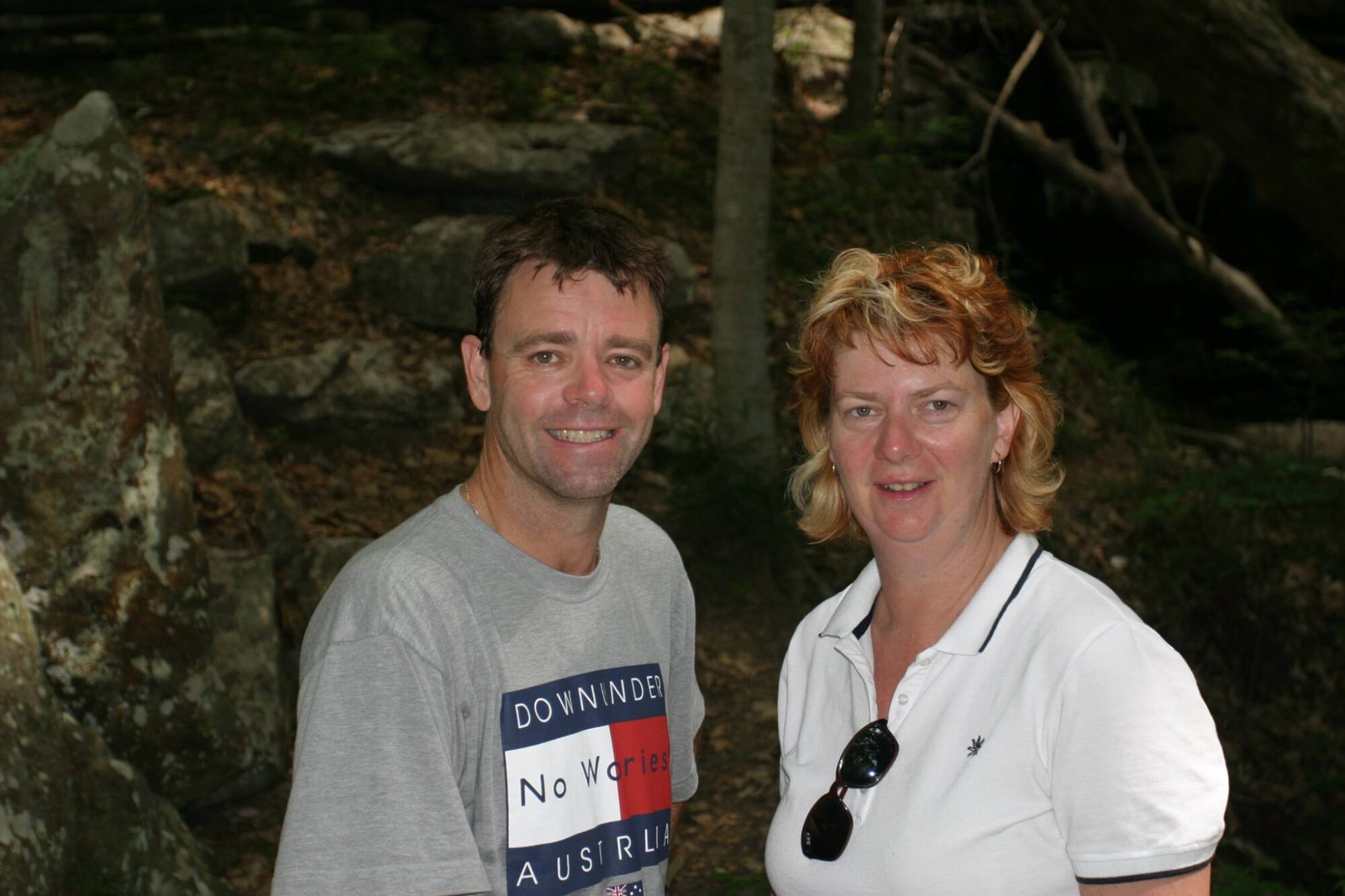 Graham was incredibly generous, kind, whip-smart, fierce in his devotion to Di and Laura, and one of the funniest people I’ve ever known. He and Di were both school teachers, both utterly devoted to education, to serving their schools and communities. They were active in their unions. They were political. They loved nature, loved good food and good drink. They were, in short, a lot like us. We knew that we wanted to maintain our friendship after our return to the States. And we did. The following summer Graham, Di, and Laura came to the States for their winter holiday (Southern Hemisphere and all that) and stayed with us for several days. Another great visit. We had tons of fun, but Graham and I also spent a good deal of time talking. He had just lost his father, something I went through a decade earlier. I can honestly say that even though we were now living literally half a world apart, our friendship had only deepened.
Graham was incredibly generous, kind, whip-smart, fierce in his devotion to Di and Laura, and one of the funniest people I’ve ever known. He and Di were both school teachers, both utterly devoted to education, to serving their schools and communities. They were active in their unions. They were political. They loved nature, loved good food and good drink. They were, in short, a lot like us. We knew that we wanted to maintain our friendship after our return to the States. And we did. The following summer Graham, Di, and Laura came to the States for their winter holiday (Southern Hemisphere and all that) and stayed with us for several days. Another great visit. We had tons of fun, but Graham and I also spent a good deal of time talking. He had just lost his father, something I went through a decade earlier. I can honestly say that even though we were now living literally half a world apart, our friendship had only deepened.
We chatted via Skype regularly, we messaged via social media all the time. We compared notes every time one of us updated his collection of camera equipment. When we lost my brother Bill, in the summer of 2017, he of course offered his love and support.
Only a few months later, Laura sent me a message that devastated all of us. Earlier that day, Graham had died suddenly. A heart attack. Totally unexpected. A thunderbolt. I felt like I had lost another brother. To this day, I miss him all the time. The loss remains raw and painful all these years later.
Graham would have been 63 this past Saturday. Yes, on April 1, and don’t think he didn’t make the most of having been born on April Fools’ Day.
We visited Di and Laura and Laura’s partner, Brad, in 2019, while we were in Australia to see Erin, who had taken a semester there. We had a fabulous visit — conversation, laughter, great meals, a couple of hikes. There was nothing maudlin about our time together. But Graham hovered over everything we did.
It is the most painful of clichés that we don’t know what life has in store for us or the people we love. With my brother’s death, and with the planning for his memorial, which occurred only a couple of weeks before Graham died, I had been out of touch with Graham for a little while when he passed. My fault entirely, although he would have understood. But I have thought about him a lot recently because the second book in my upcoming series is set in Australia, and it is dedicated to Graham, as well as to Di and Laura. And I have long wished for one more chance to chat with Graham, to share something funny or tell him about a recent photo shoot. So instead, I am going to take some time today to reach out to other friends, people I haven’t spoken or written to in a little while, people I miss.
Because we never know.
Have a wonderful week.









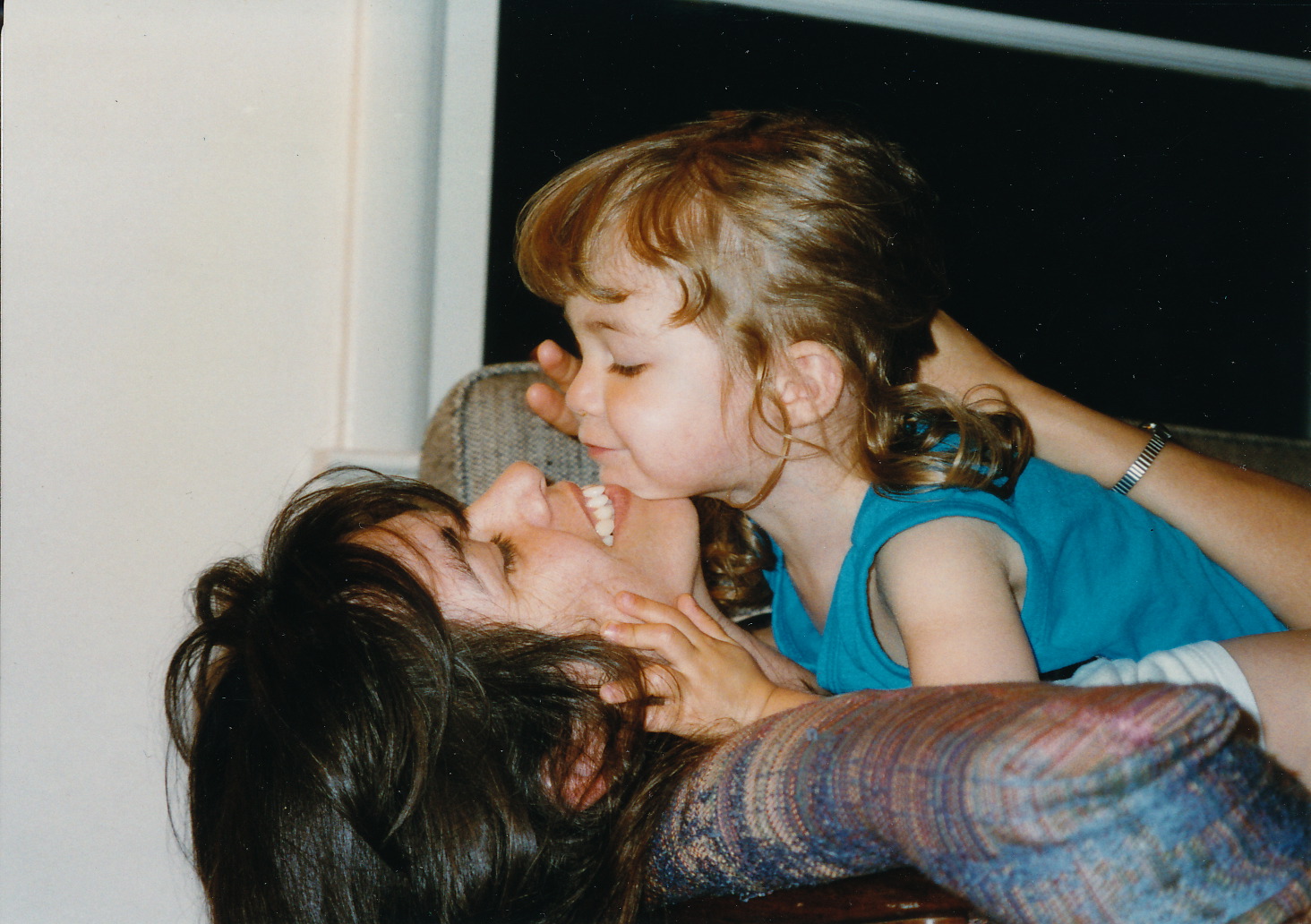 Yes, another post about our daughter and our loss. A part of me shies from this, wonders if I have written about her too much. “Write something upbeat,” I tell myself. “Something funny, something — anything — that isn’t about grief.” But we are grieving. Still. It’s been six months since we lost Alex. A bit more, actually. It seems like so long. It seems like nothing. And that is what my therapist tells me — that really six months is nothing. We remain at the very outset of a long journey, one that will be part of our daily existence for the rest of our lives.
Yes, another post about our daughter and our loss. A part of me shies from this, wonders if I have written about her too much. “Write something upbeat,” I tell myself. “Something funny, something — anything — that isn’t about grief.” But we are grieving. Still. It’s been six months since we lost Alex. A bit more, actually. It seems like so long. It seems like nothing. And that is what my therapist tells me — that really six months is nothing. We remain at the very outset of a long journey, one that will be part of our daily existence for the rest of our lives.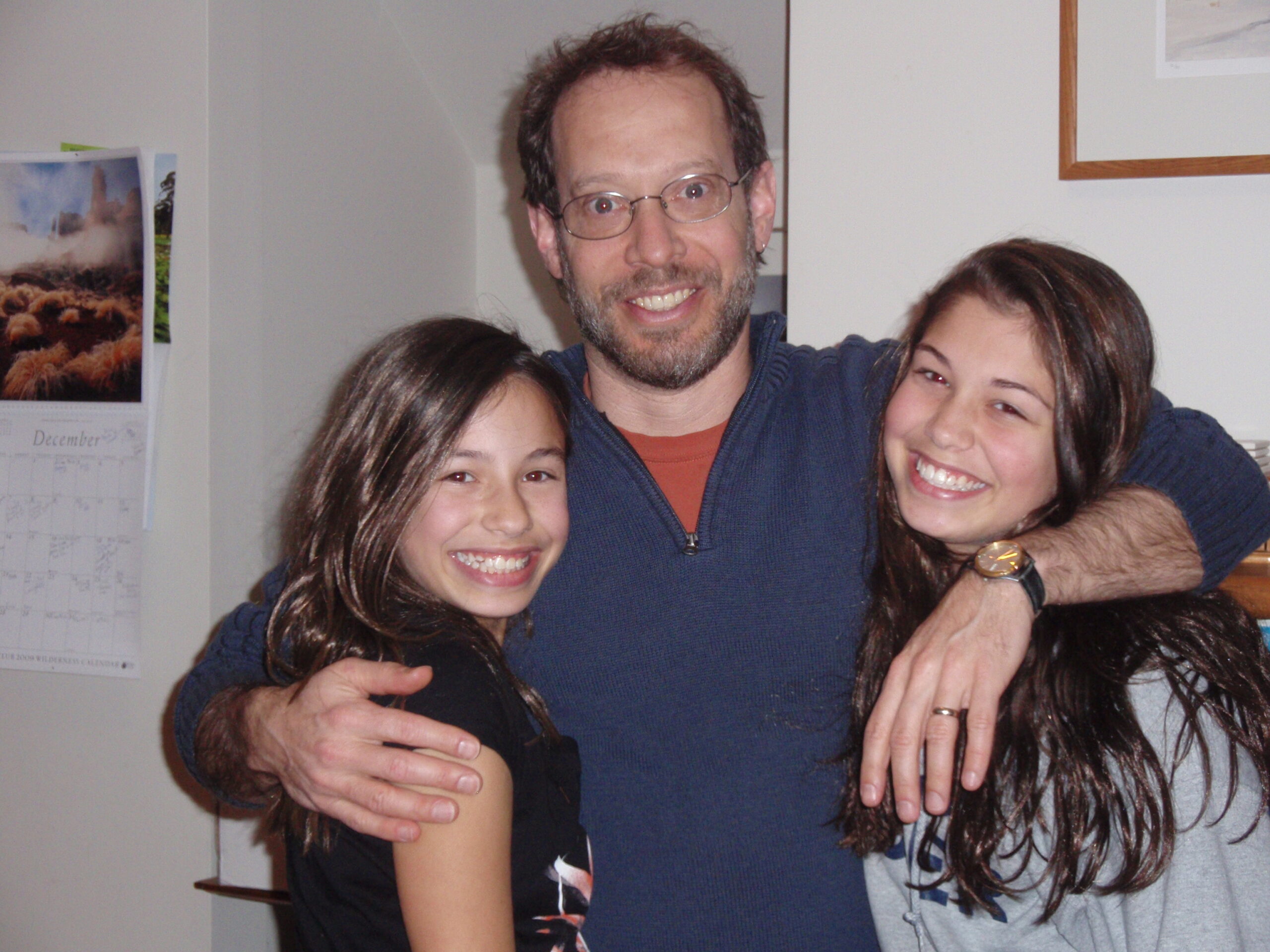
 Today, Alex would have — should have — turned 29 years old.
Today, Alex would have — should have — turned 29 years old.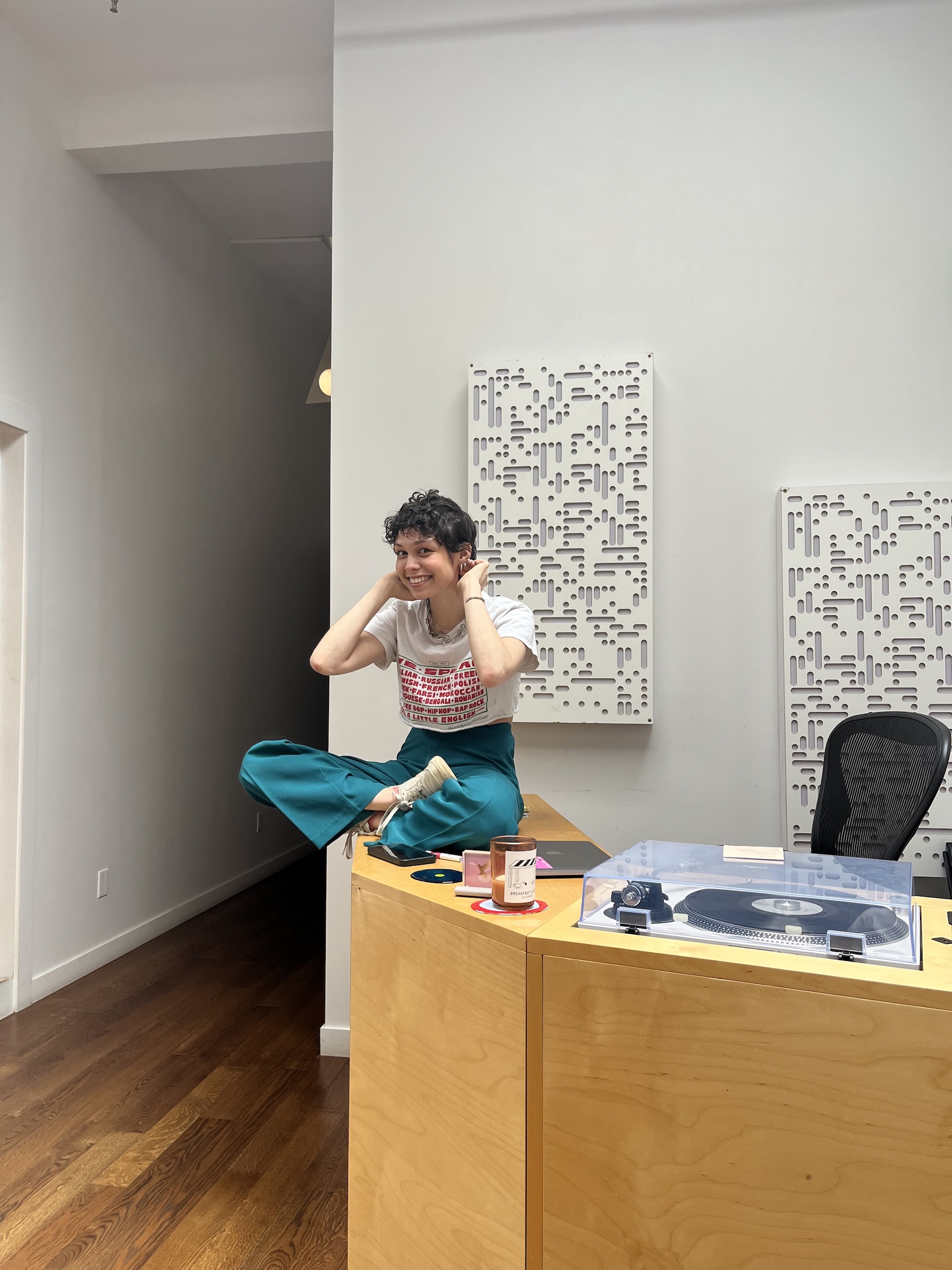
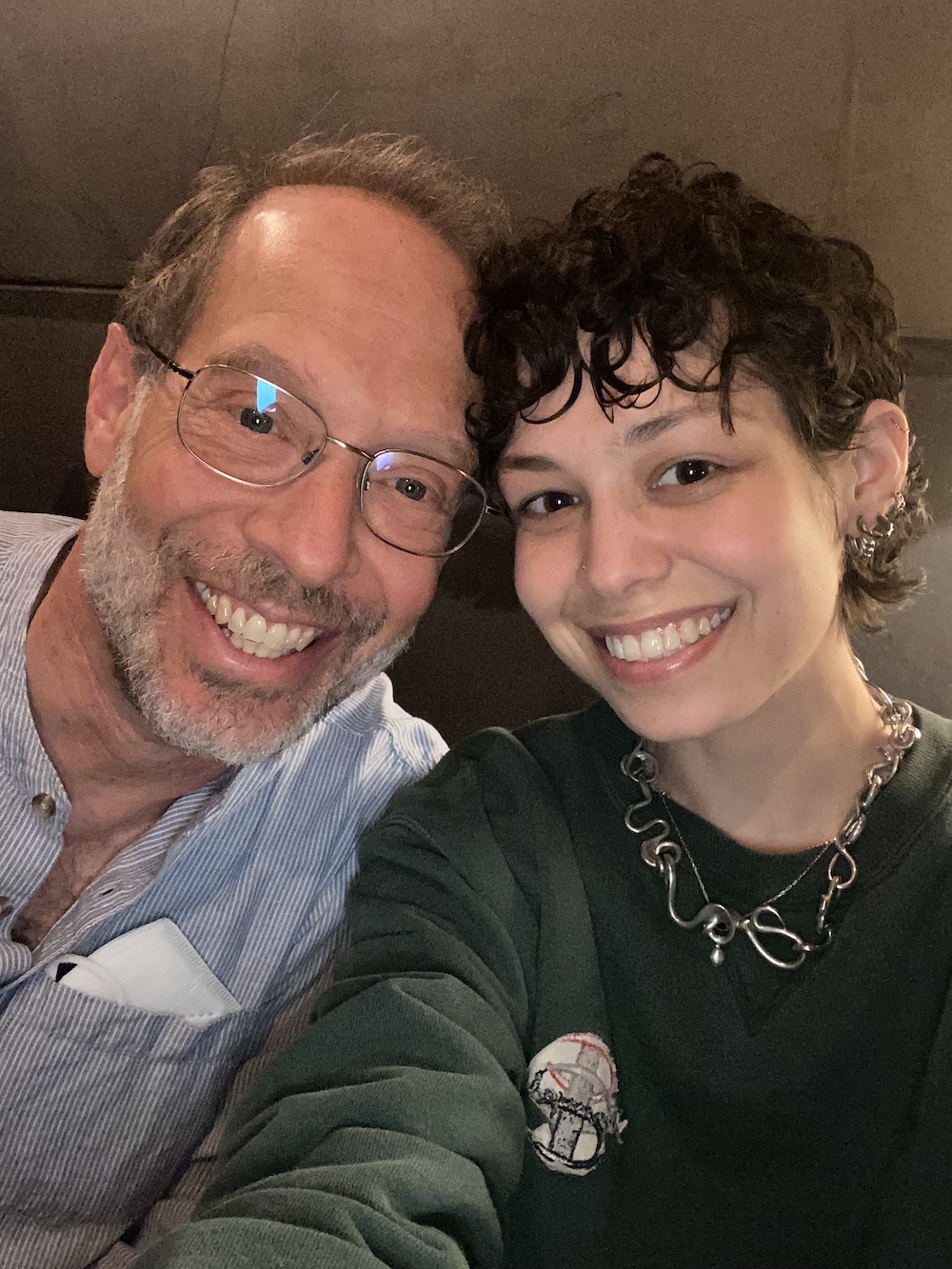 It has now been nearly five months since we lost Alex. I still get the same question — and to be clear, I don’t mind being asked. Not at all. It’s just that I still don’t know how to answer. My friends tell me that five months is nothing, that there is no reason I should have a handle on my emotions already. My therapist says the same. I suppose I should listen to all of them. But I grow impatient with myself. I make my living with words and with emotions. The core of my art is conveying the emotional state of my point of view characters. It’s practically the definition of what a fiction writer does.
It has now been nearly five months since we lost Alex. I still get the same question — and to be clear, I don’t mind being asked. Not at all. It’s just that I still don’t know how to answer. My friends tell me that five months is nothing, that there is no reason I should have a handle on my emotions already. My therapist says the same. I suppose I should listen to all of them. But I grow impatient with myself. I make my living with words and with emotions. The core of my art is conveying the emotional state of my point of view characters. It’s practically the definition of what a fiction writer does. In the last year, I have written two pieces of original short fiction. That’s it. I haven’t written a novel since I finished The Chalice War: Sword, late in 2022. I have recently started work on a tie-in project (I can’t really say more than that, right now), a novel. It is coming slowly, and because I am essentially playing in someone else’s world, the emotions I’ll be mining are somewhat removed from my own. I spent the first half of last year doing a bunch of editing, for myself and for others, figuring that when those projects were through, I would dive into a new book of my own.
In the last year, I have written two pieces of original short fiction. That’s it. I haven’t written a novel since I finished The Chalice War: Sword, late in 2022. I have recently started work on a tie-in project (I can’t really say more than that, right now), a novel. It is coming slowly, and because I am essentially playing in someone else’s world, the emotions I’ll be mining are somewhat removed from my own. I spent the first half of last year doing a bunch of editing, for myself and for others, figuring that when those projects were through, I would dive into a new book of my own.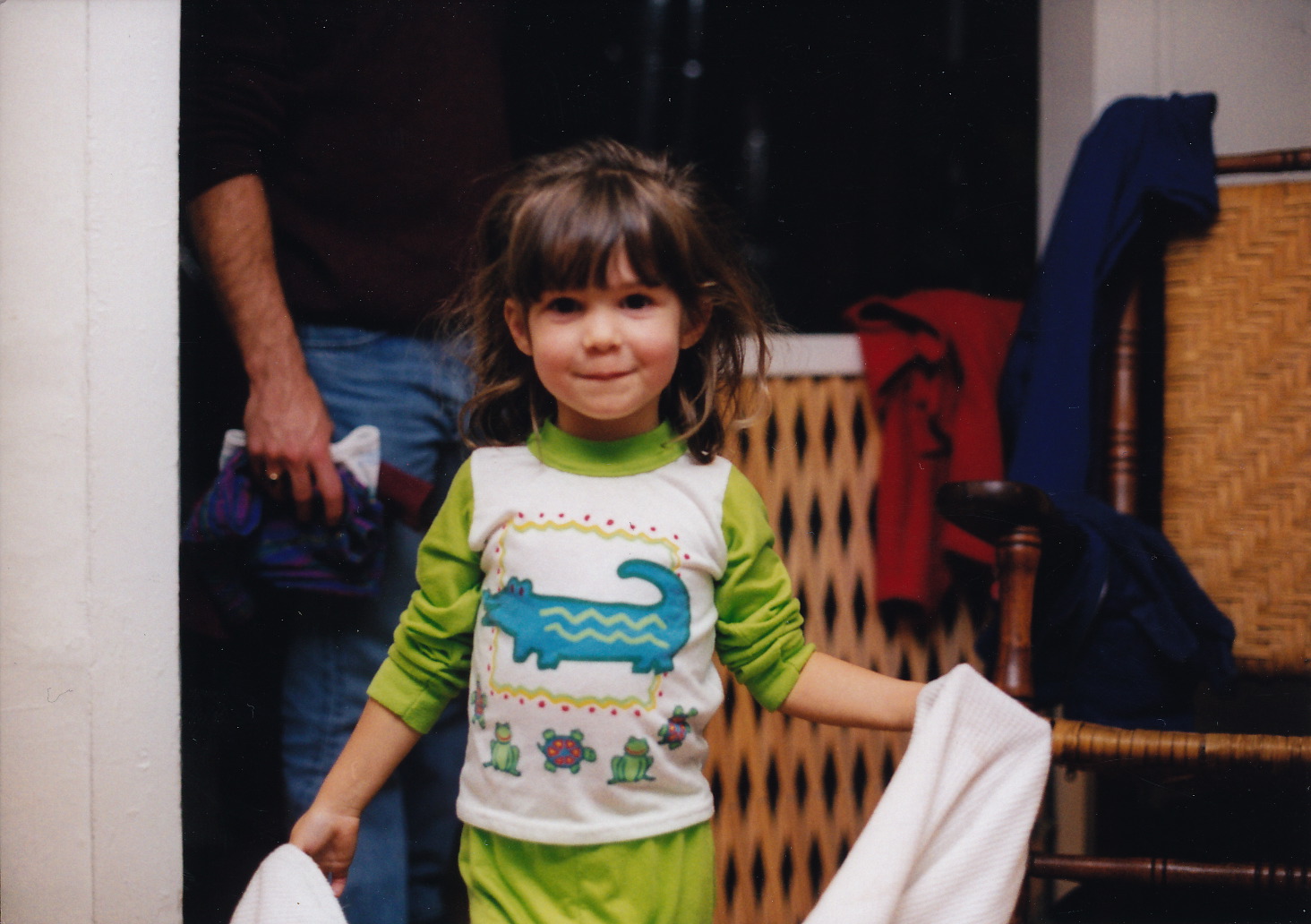 At this point, the celebrations of her life are over. Guests from out of town have left. Erin has gone back home. Nancy is starting to work again, and I am gearing up to do the same. We are, I suppose, stepping back into “normal” life. Except there is nothing normal about it, and in ways that truly matter, in ways that will remain with us for the rest of our lives, it will never really be normal at all, ever again.
At this point, the celebrations of her life are over. Guests from out of town have left. Erin has gone back home. Nancy is starting to work again, and I am gearing up to do the same. We are, I suppose, stepping back into “normal” life. Except there is nothing normal about it, and in ways that truly matter, in ways that will remain with us for the rest of our lives, it will never really be normal at all, ever again. The numbness, though — that bothers me. I want to feel. I want to weep for my child or laugh at a golden memory. I want to feel pain and love and loss and connection, because those keep my vision of Alex fresh and present. Numbness threatens oblivion. Numbness makes the loss seem complete, irretrievable — and that I don’t want. Not ever. Better to cry every day for the rest of my life than lose my hold on these emotions.
The numbness, though — that bothers me. I want to feel. I want to weep for my child or laugh at a golden memory. I want to feel pain and love and loss and connection, because those keep my vision of Alex fresh and present. Numbness threatens oblivion. Numbness makes the loss seem complete, irretrievable — and that I don’t want. Not ever. Better to cry every day for the rest of my life than lose my hold on these emotions. Graham was incredibly generous, kind, whip-smart, fierce in his devotion to Di and Laura, and one of the funniest people I’ve ever known. He and Di were both school teachers, both utterly devoted to education, to serving their schools and communities. They were active in their unions. They were political. They loved nature, loved good food and good drink. They were, in short, a lot like us. We knew that we wanted to maintain our friendship after our return to the States. And we did. The following summer Graham, Di, and Laura came to the States for their winter holiday (Southern Hemisphere and all that) and stayed with us for several days. Another great visit. We had tons of fun, but Graham and I also spent a good deal of time talking. He had just lost his father, something I went through a decade earlier. I can honestly say that even though we were now living literally half a world apart, our friendship had only deepened.
Graham was incredibly generous, kind, whip-smart, fierce in his devotion to Di and Laura, and one of the funniest people I’ve ever known. He and Di were both school teachers, both utterly devoted to education, to serving their schools and communities. They were active in their unions. They were political. They loved nature, loved good food and good drink. They were, in short, a lot like us. We knew that we wanted to maintain our friendship after our return to the States. And we did. The following summer Graham, Di, and Laura came to the States for their winter holiday (Southern Hemisphere and all that) and stayed with us for several days. Another great visit. We had tons of fun, but Graham and I also spent a good deal of time talking. He had just lost his father, something I went through a decade earlier. I can honestly say that even though we were now living literally half a world apart, our friendship had only deepened.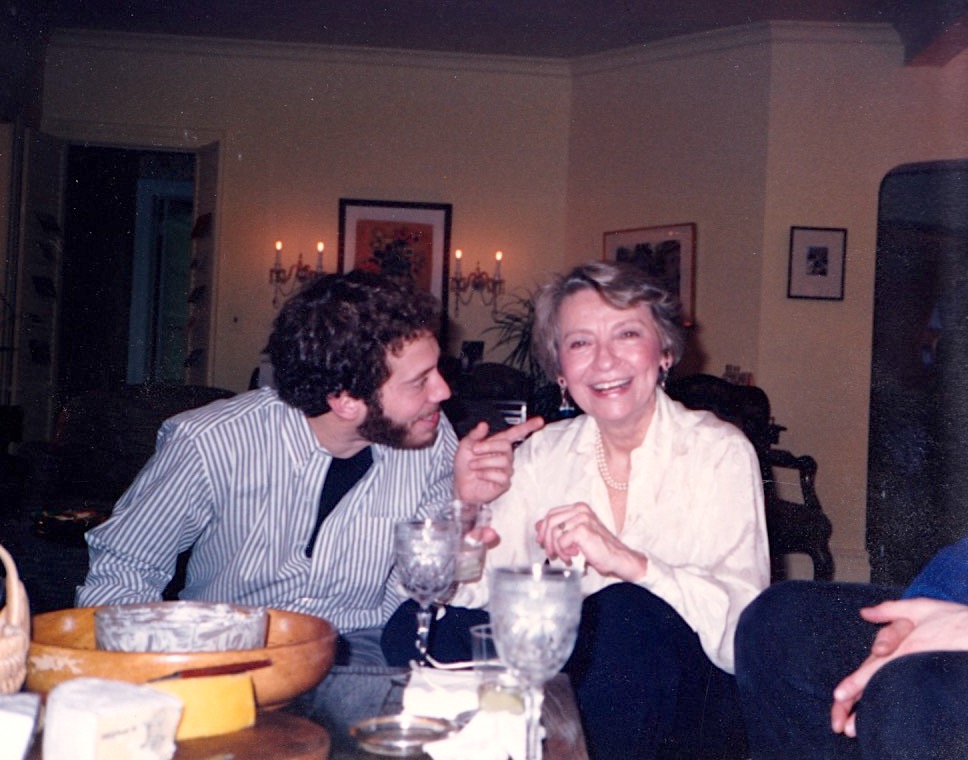 Yesterday would have been my mother’s birthday — her 101st. I’ve written about her, and my dad, quit a bit in this space, though I haven’t written about my mother in a couple of years. She was smart and funny, classy and beautiful, quietly ambitious and deeply accomplished. She doted on her children and was, in turn, doted on by my father. She loved to travel and was passionate to the point of reverence about literature and the arts.
Yesterday would have been my mother’s birthday — her 101st. I’ve written about her, and my dad, quit a bit in this space, though I haven’t written about my mother in a couple of years. She was smart and funny, classy and beautiful, quietly ambitious and deeply accomplished. She doted on her children and was, in turn, doted on by my father. She loved to travel and was passionate to the point of reverence about literature and the arts.